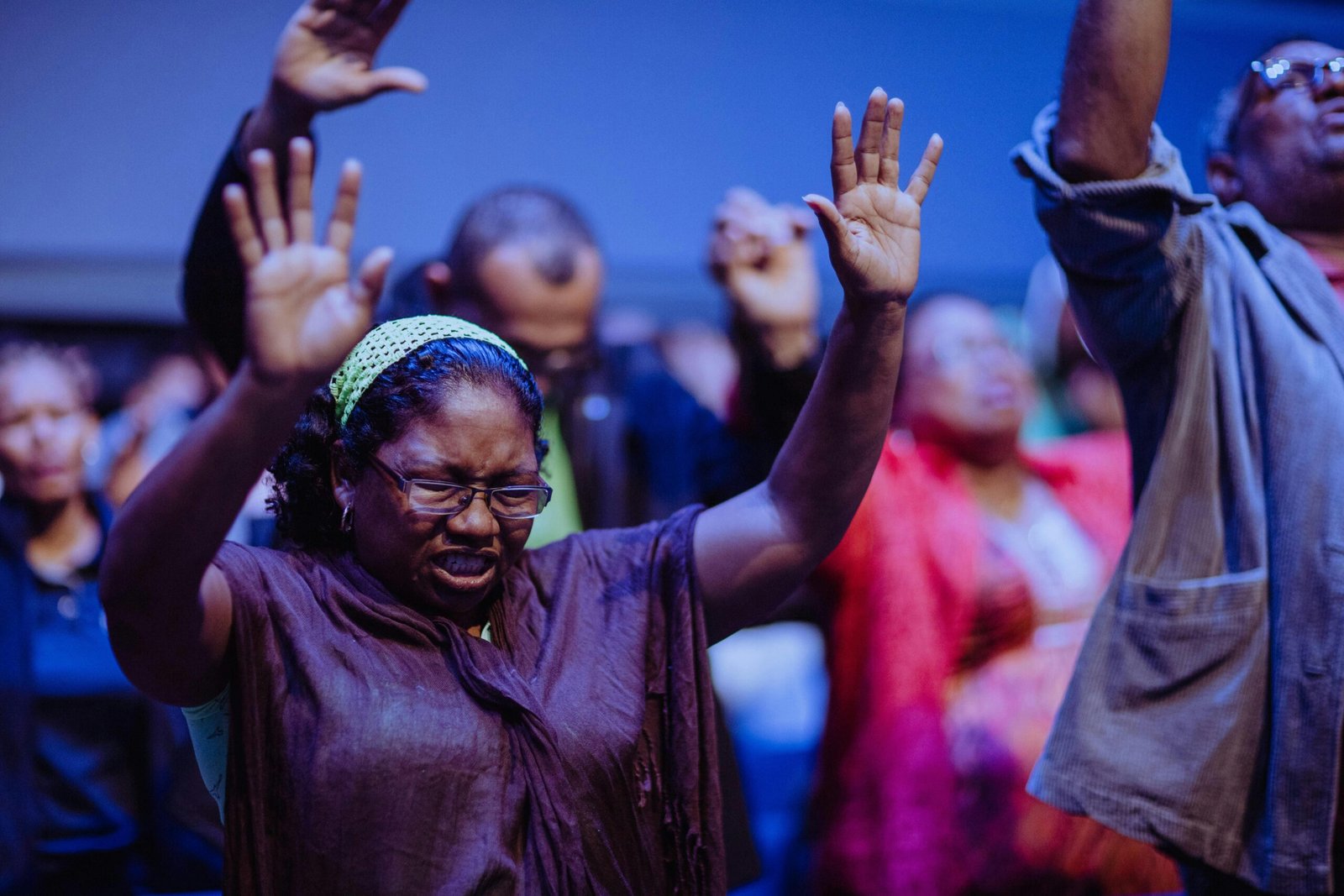Why do we engage in prayer, fasting, and worship? These spiritual disciplines are not merely personal rituals or responses to immediate needs. They are necessities, vital for both our personal growth and for the advancement of the kingdom of God. Prayer, fasting, and worship serve a dual purpose. On a personal level, they are channels through which we seek divine guidance, strength, and comfort. They are tools that help us navigate our daily lives, offering solace and direction amidst challenges. However, their significance extends far beyond the realm of personal needs or satanic interference. In the grand narrative of God’s kingdom, as depicted in the eternal scenes of Revelation 5, these spiritual practices take on a cosmic dimension. Here, personal needs are overshadowed by the greater needs of the kingdom, represented symbolically by seals and a sacred book. Our prayers and fasts are not just cries for personal deliverance or spiritual growth; they become incense in golden bowls, ascending as offerings in a realm that transcends our immediate concerns. In this divine context, we realize that our spiritual disciplines are essential for unlocking deeper mysteries and truths. They are instrumental in the breaking of seals and the unfolding of divine revelations. Thus, we are not just praying, fasting, and worshiping for ourselves; we are participating in a celestial dialogue, contributing to the unfolding narrative of God’s eternal plan. Understanding this elevates our perspective and approach to these practices. We begin to see them as sacred duties, acts of service to a kingdom that operates on an eternal scale. This realization should inspire us to burst forth into prayer, fasting, and worship with renewed fervor and intentionality, knowing that we are actively shaping not just our destinies, but also contributing to the grand scheme of God’s kingdom. So,let’s pray Let’s fast Let’s worship


